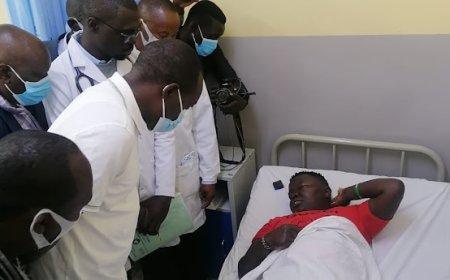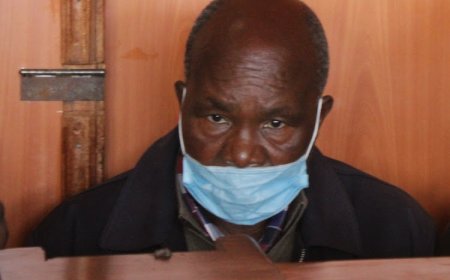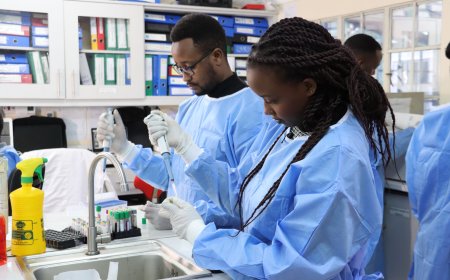DID YOU KNOW, KENYANS USE AN AVERAGE OF 17,000 CONDOMS EVERYDAY ACCORDING TO SURVEY? This is equivalent to using 718 condoms every hour on average.
CS Nakhumicha reported that 1,207,482 customers of the National AIDS and STI Control Programme (NASCOP) received Ant-Retroviral Treatment in a report to the Departmental Committee on Health about the State Department for Medical Services Budget Estimates for the Financial Year 2024–25. 38.8% of women in reproductive age received family planning supplies, according to data from the Department of Family Health.

According to Health Cabinet Secretary Susan Nakhumicha, the National Aids Control Council has given out 3,157,900 condoms in non-medical settings over the past six months.
Nakhumicha reported that 1,207,482 customers of the National AIDS and STI Control Programme (NASCOP) received Ant-Retroviral Treatment in a report to the Departmental Committee on Health about the State Department for Medical Services Budget Estimates for the Financial Year 2024–25.
The CS further stated that 38.8% of women in reproductive age received family planning supplies, according to data from the Department of Family Health.
The nation possessed 38 million condom pieces in stock, according to the CS.
"Let me make it clear to Kenyans that there is no condom shortage in our nation. In actuality, we have 38 million condom pieces. As you can see, we have too many items," Nakhumicha remarked.
She claimed that problems with the distribution procedure from the Kenya Medical Supplies Authority (Kemsa) stores were the cause of the shortages that were being reported in different parts of the country.
She further mentioned that distribution lists created by NACC are forwarded to Kemsa.
According to CS Nakhumicha's report, the State Department for Medical Services is still dedicated to collaborating with the Parliament and other relevant parties to guarantee that Kenyans have access to high-quality, reasonably priced healthcare services.
"We keep emphasizing that the State Department's budgetary ceiling needs to be revised upward in order to address the ongoing funding challenges," she continued.
Assuring commodity security for family health and strategic health programs spanning tuberculosis, malaria, family planning, HIV/AIDS, and nutrition, she said, is one of the State Department's top priorities.
Nakhumicha went on to say that as there are more people in the workforce to carry out productive tasks, healthy residents promote economic progress.
What's Your Reaction?

























































